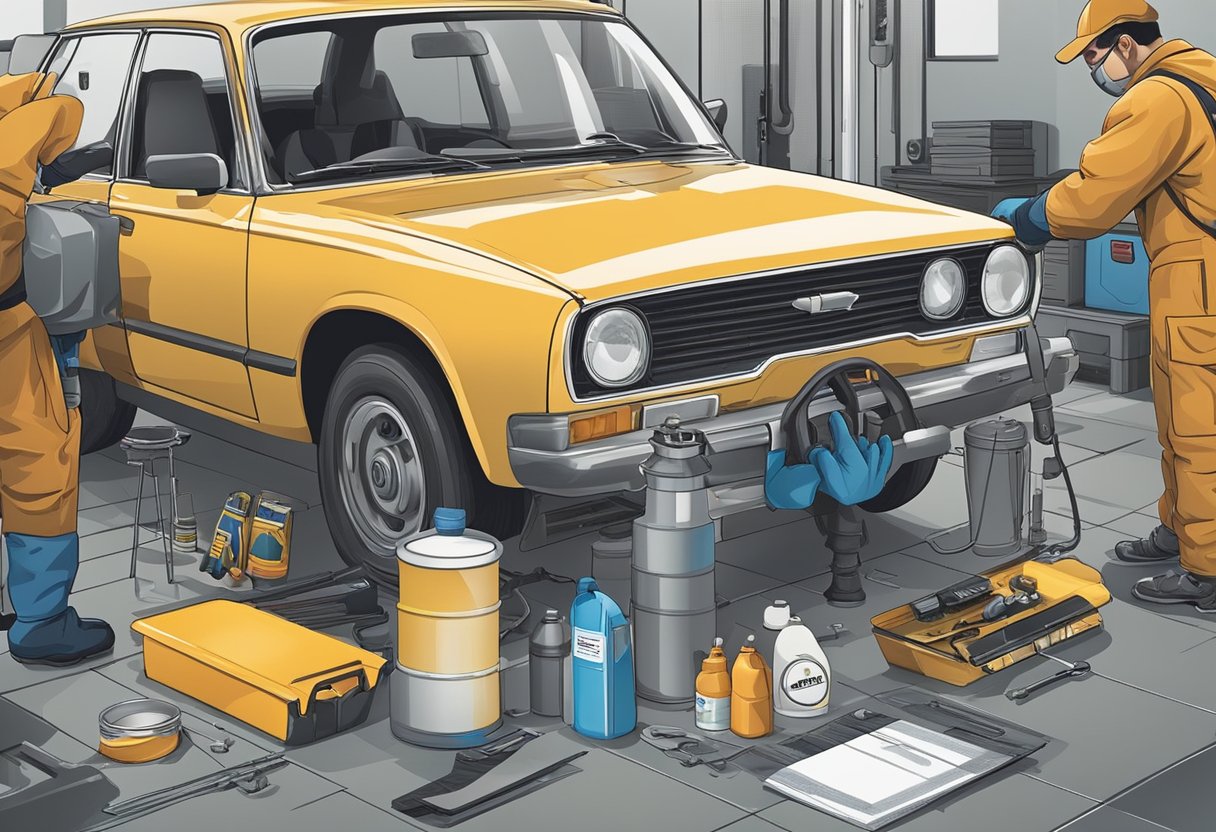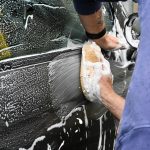The Benefits of Regular Car Maintenance: DIY vs. Professional Service Explained
Pros and Cons of Professional Service
Choosing professional service for car maintenance offers distinct advantages and disadvantages. These encompass expertise, guarantees, and convenience.
Access to Expertise and Specialized Tools
Professional mechanics possess extensive knowledge and experience. Their training provides deep familiarity with various vehicle systems, brands, and models. They use specialized tools unavailable to most DIY enthusiasts, ensuring precision and efficiency in repairs. Consequently, this often translates into quicker diagnostics and comprehensive solutions to car issues. Labor costs for such expertise can be higher, but the trade-off is the quality assurance from skilled hands and advanced equipment.
Guarantees and Warranties
Professional services typically come with guarantees and warranties on their work and parts. This assurance means any issues arising shortly after a service are usually rectified at no additional cost. Warranties ensure that parts used are genuine and reliable. These protections provide a layer of confidence not always present in DIY repairs, where warranty validity may be unclear. The peace of mind offered by these guarantees makes professional service a trusted option.
Convenience and Time Savings
Professional services save car owners significant time and effort. Scheduling an appointment with a mechanic means they handle the intricate and time-consuming tasks, freeing up the owner’s schedule. For those with busy lives, this convenience is invaluable. Dropping off the car and picking it up when ready is often faster than troubleshooting and making repairs oneself. This benefit, coupled with expert handling, makes professional service a popular choice for many.
Key Aspects of DIY Car Maintenance

DIY car maintenance involves tasks that car owners can perform themselves, such as checking fluid levels, replacing air filters and wiper blades, and maintaining spark plugs. These tasks require basic tools and equipment, as well as proper safety measures to avoid accidents.
Basic Maintenance Checklist
Regularly checking oil levels, brake fluid, coolant, and transmission fluid helps ensure a vehicle runs smoothly. Inspecting and replacing air filters improves engine performance. Spark plugs should also be checked and replaced as they wear out. Wiper blades need regular replacement to ensure clear visibility during adverse weather conditions. These tasks, when done consistently, prolong the car’s lifespan and improve safety.
Tools and Equipment Needed
Proper tools and equipment are essential for DIY maintenance. A basic toolset includes a socket set, screwdrivers, wrenches, jack stands, and a jack. Additionally, specialized tools like an oil filter wrench and a spark plug socket are necessary for specific tasks. Having a funnel and drain pan can make fluid changes cleaner and easier. Investing in quality tools ensures durability and ease of use.
Safety and Preparation
Safety should always be a priority in DIY car maintenance. Wearing gloves and safety glasses can protect against chemicals and debris. The car should be on a flat surface, with the parking brake engaged. Using jack stands and wheel chocks ensures stability. Properly preparing the workspace and following manufacturer guidelines minimizes risks. It’s essential to have a clear understanding of each task to avoid mistakes.



